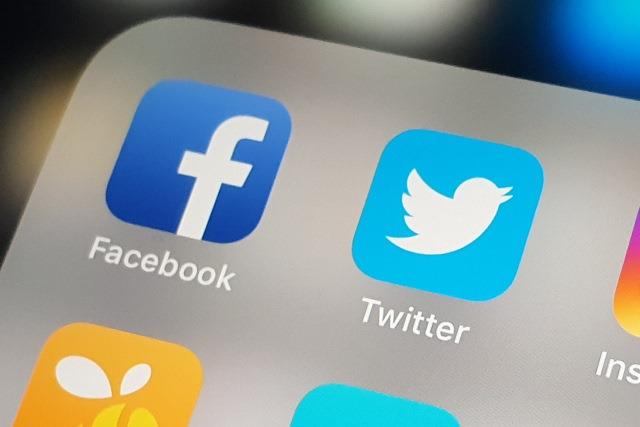SAN FRANCISCO, Oct. 30 (CGTN) -- Twitter is to bar political advertising worldwide on its platform, responding to growing criticism over misinformation from politicians on social media and in stark contrast to the policy of rival Facebook.
Why is Twitter making the change?
Chief executive Jack Dorsey said in a tweet that while internet advertising "is incredibly powerful and very effective for commercial advertisers, that power brings significant risks to politics, where it can be used to influence votes to affect the lives of millions."
The move comes with Facebook under pressure to apply fact-checking to politicians running ads with debunked claims.
Dorsey said the new policy, details of which will be unveiled next month and enforced from November 22, would ban ads on political issues as well as from candidates.
"We considered stopping only candidate ads, but issue ads present a way to circumvent," he said. "Additionally, it isn't fair for everyone but candidates to buy ads for issues they want to push. So we're stopping these too."
Dorsey said the company took the action to head off potential problems from "machine learning-based optimization of messaging and micro-targeting, unchecked misleading information, and deep fakes."
Twitter vs Facebook
Twitter's move comes in contrast to the Facebook policy that allows political speech and ads to run without fact-checking on the leading social network.
Facebook CEO Mark Zuckerberg has said political advertising is not a major source of revenue but that he believes it is important to allow everyone a "voice," and that banning political ads would favor incumbents.
Dorsey said he disagreed with Zuckerberg's assessment that stopping ads would favor incumbents. "We have witnessed many social movements reach massive scale without any political advertising. I trust this will only grow," he said.
Social media platforms have been challenged by U.S. President Donald Trump's campaign's use of ads that contain claims critics say have been debunked by independent fact-checkers.
Democrats have stepped up pressure on Facebook to remove the ads, and a group of Facebook employees has also called for stronger efforts to clamp down on "civic misinformation" from politicians.
What's the reaction been?
The intitial reaction to the Twitter ban from within the U.S. has been partisan. The move won praise from Democrats and scorn from the Trump campaign.
"We appreciate that Twitter recognizes that they should not permit disproven smears, like those from the Trump campaign, to appear in advertisements on their platform," said Bill Russo, deputy communications director for Joe Biden's campaign.
Brad Parscale, who is running Trump's re-election campaign, described Twitter's move as an "attempt to silence conservatives" and "a very dumb decision" for the company's shareholders.
Analysts do not expect the ban to significantly reduce Twitter's business. Its shares fell 1.9 percent in after-hours trading.
Jasmine Enberg, a senior analyst for research company eMarketer, told Reuters that Twitter's decision "is in stark contrast to Facebook" but added that political advertising is not likely a critical part of its business.
